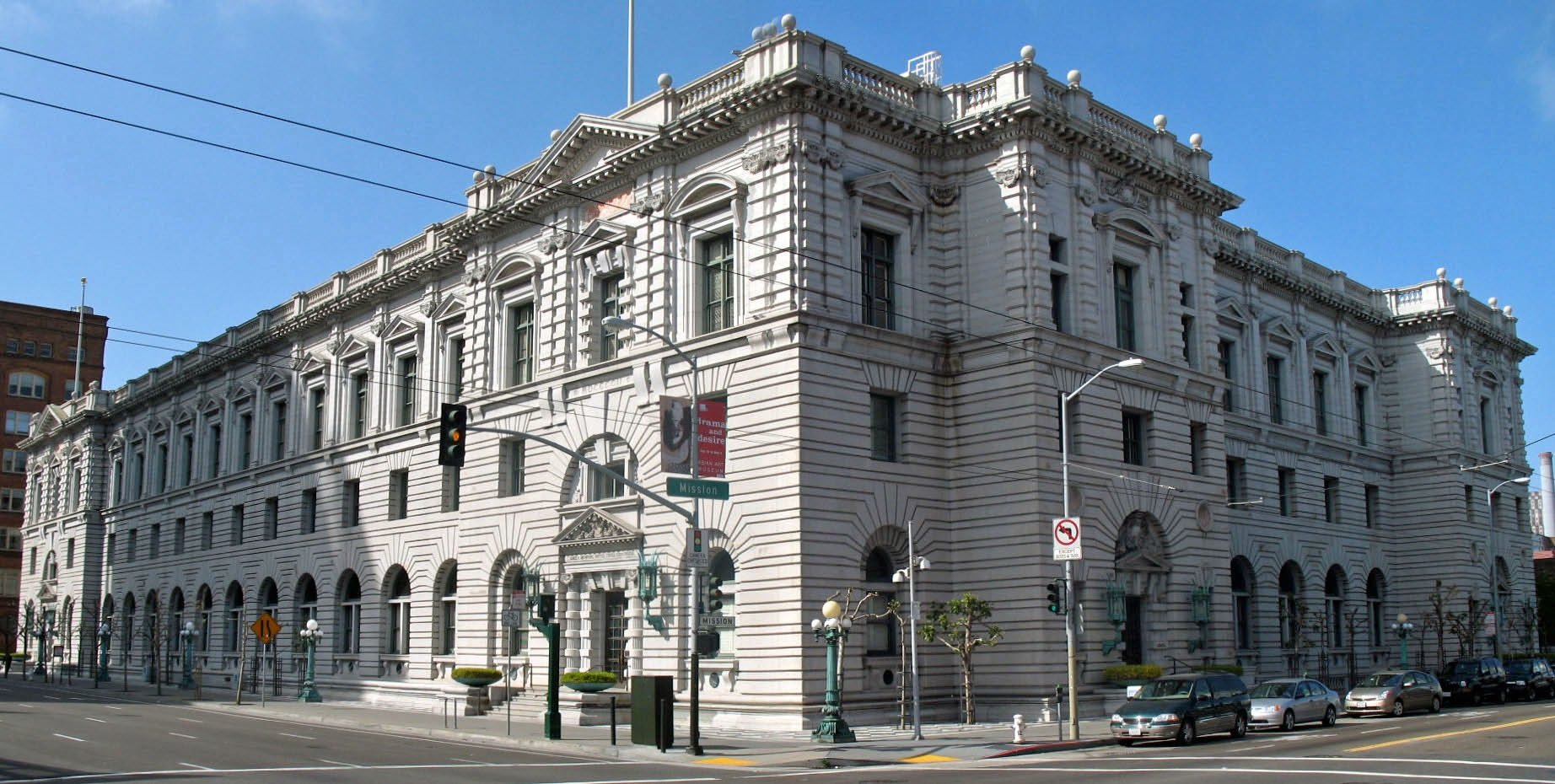SAN FRANCISCO (CN) — Comparing secret footage of abortion industry conferences to the Pentagon Papers, lawyers for abortion foe David Daleiden told a panel of Ninth Circuit judges that a confidentiality agreement should not bar him from releasing the recordings.
“Every moment's continuance of this injunction amounts to an indefinable violation of the First Amendment,” said Daleiden’s attorney Heather Hacker, quoting from Supreme Court Justice Hugo Black’s opinion in New York Times Co. v. United States. Also known as the Pentagon Papers case, the landmark decision held the First Amendment protects the press from censorship and prior restraint.
Daleiden, who heads the Center for Medical Progress, has styled himself as a citizen journalist working undercover to expose the market for fetal tissue derived from abortions. He and fellow activist Sandra Merritt posed as human tissue procurers for a fake company called BioMax to infiltrate conferences hosted by the National Abortion Federation (NAF) in 2014 and 2015. As exhibitors, they got an inside look at the private events, where they secretly recorded conversations they later posted online.
“While NAF may disagree with what the footage proves and may dislike Daleiden’s methods, that cannot control the outcome of this case,” Hacker said. “Though NAF insists that there is no public interest in the footage, that’s objectively untrue." Hacker argued that Daleiden's investigation led to investigations by Congress and the exclusion of NAF-affiliated abortion providers from the Medicaid program.”
Hacker also said the injunction is overly broad and that Daleiden still has copyright interests in the recordings.
“It includes over 500 hours of footage, huge portions of which are not even arguably confidential,” she said.
The appellate panel took issue with Hacker’s reference to the Pentagon Papers.
“That’s not really equivalent to the allegations and the evidence here,” said U.S. Circuit Judge Richard Clifton, a Bush appointee. When he asked for something more analogous, Hacker offered Snepp v. United States, a case where a former CIA agent was sued for publishing a book without prior review.
U.S. Circuit Judge Margaret McKeown, a Clinton appointee, noted that Daleiden willingly signed away his First Amendment rights when he signed confidentiality and exhibitor agreements. She seemed to agree with U.S. District Judge William Orrick, who found that Daleiden knew what he was signing at the time.
In 2019, a federal jury awarded Planned Parenthood nearly $2 million after finding Daleiden and Merritt caused the organization substantial harm. In 2021, Orrick issued an order barring Daleiden from releasing the recordings and finding in NAF’s favor on a claim for breach of contract, avoiding a second trial on the same facts as the Planned Parenthood case.
Hacker said the agreements do not amount to an affirmative waiver of Daleiden’s constitutional rights.
“If he didn’t want to sign it, he could have left,” said McKeown, unconvinced. She said Orrick’s ruling appeared to meet the standard for speech in Janus v. AFSCME, where a waiver of First Amendment rights must be freely given and shown by clear and compelling evidence.
“Your propositions don’t track really onto the facts here," McKeown said. "We have a specific waiver that he was asked to sign and basically the district court made the termination that he had intimate familiarity with nondisclosure agreements.”
Representing the National Abortion Federation, attorney Adam Sorensen with Morrison & Foerster said both contracts met the clear and compelling standard, but the exhibitor agreement specifically shows Daleiden's consent to NAF's rules.
“That is the contract that makes clear that an attendee cannot disclose to any third party any information learned that day in the course of attending the conference,” he said.
He also said the balance of interests weighs in favor of keeping the recordings private.
“On the one hand you have the defendant's limited interest in information that he lied to obtain and stole, and you have a limited public interest in that same information,” Sorenson said, adding that Orrick “went through these recordings very carefully and determined as a matter of fact that they showed no wrongdoing on the part of NAF and its members.”
Orrick also determined that the recordings did not lead to any of the investigations Hacker referenced, yet Sorensen said NAF members were threatened and harassed after Daleiden released the recordings in 2015.
“Some even mentioned defendant's videos as the reason they were making their threats,” he said. “So there are competing interests on the other side that warrant injunctive relief.”
Since Daleiden and Merritt also face criminal charges of eavesdropping and invasion of privacy, Hacker argued that the injunction violates Daleiden's Sixth Amendment rights and that he should be allowed to use them as evidence that he did not violate California’s privacy laws. His defense lawyers were previously found in contempt and fined nearly $200,000 for linking to the footage in a motion to dismiss the charges.
Sorensen disputed the Sixth Amendment value of the recordings, saying, ”There simply is no Sixth Amendment right to wage a publicity campaign with illegally obtained materials.”
Subscribe to Closing Arguments
Sign up for new weekly newsletter Closing Arguments to get the latest about ongoing trials, major litigation and hot cases and rulings in courthouses around the U.S. and the world.









